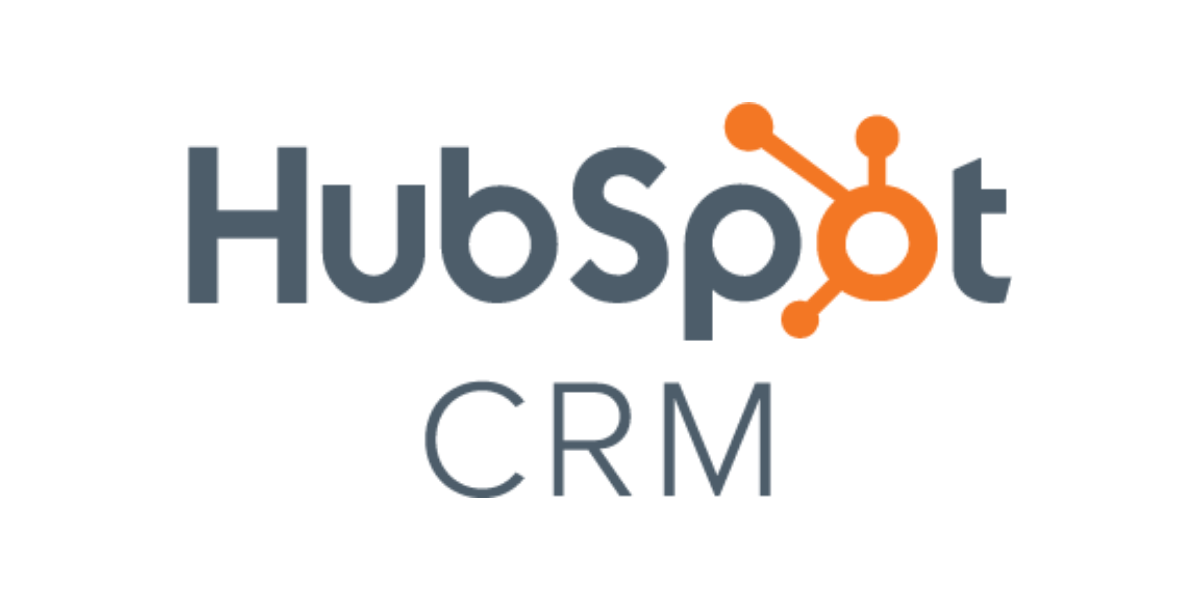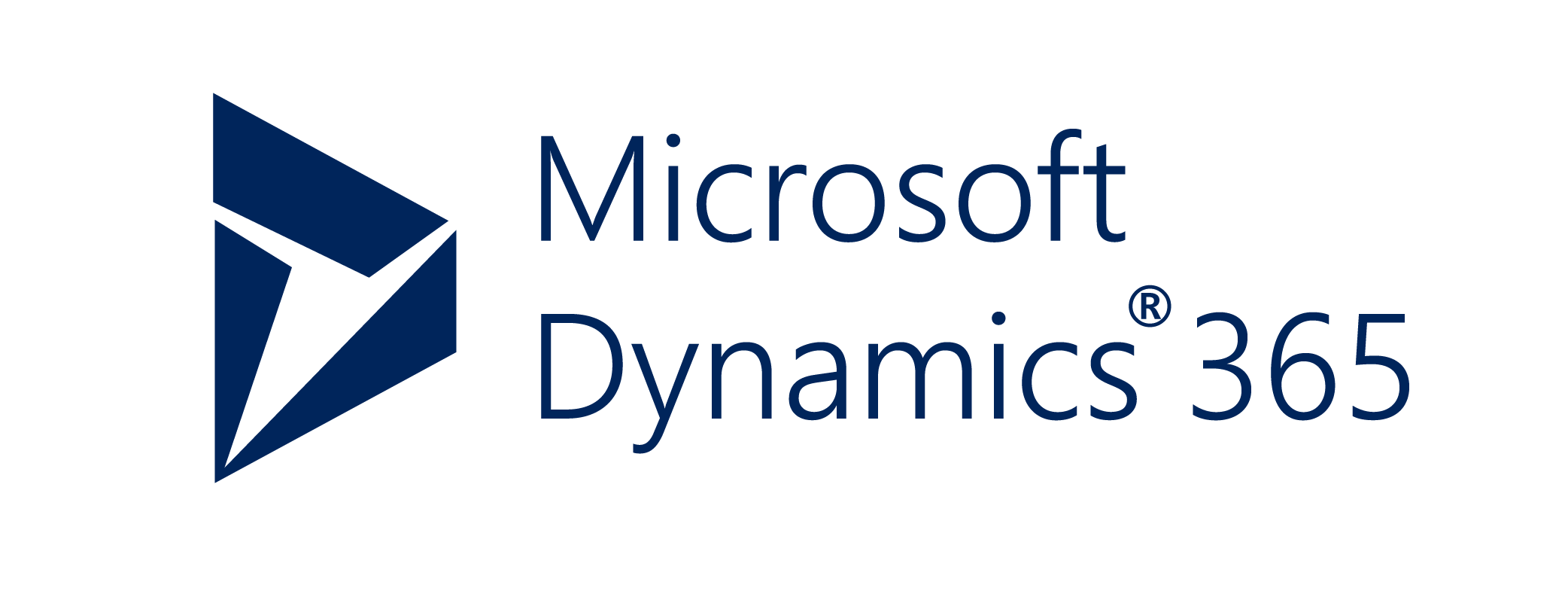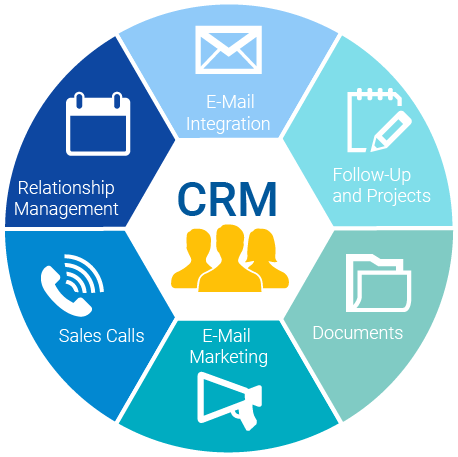Whether you’re a small business owner or part of a large enterprise, customer relationship management (CRM) is essential for maintaining a successful operation. This article will provide a beginner’s guide to customer relationship management, CRM tools, and software, explaining how they work, their benefits, and how to choose the right one for your business.
Furthermore, we’ll give you an overview of popular CRM software options, tips for selecting the right software, and insights into how CRM tools can improve customer relationships and streamline business processes. Ultimately, you’ll be able to elevate your customer service game and take your business to the next level. That said, let’s get right into it.
Table of Contents
What is CRM Software?
If you’re new to the world of CRM, it’s important to start with the basics — what is customer relationship management itself?
CRM is a strategy that businesses use to manage their interactions with customers and improve customer satisfaction.
Types of CRM
There are three types of CRM: operational, analytical, and collaborative.
-
Operational CRM
It involves automating customer-facing business processes like sales, marketing, and customer service. This type of CRM is designed to improve the efficiency and effectiveness of these processes, often by automating routine tasks, such as data entry, follow-up calls, and appointment scheduling. Examples of operational CRM software include Salesforce, Zoho, and HubSpot.
-
Analytical CRM
It focuses on data analysis and business intelligence. This type of CRM software allows businesses to analyze customer data and behaviour to make better decisions, such as predicting future trends or identifying potential issues. Examples of analytical CRM software include Tableau, SAP, and Oracle.
-
Collaborative CRM
It enhances communication and collaboration between businesses and their customers. This type of CRM includes tools for social media, email, and other communication channels. It aims to improve the overall customer experience by providing a more personalized and interactive experience. Examples of collaborative CRM software include Hootsuite, Sprout Social, and Mailchimp.
Regardless of the type of CRM in view, the key components of CRM include:
- The people who interact with customers.
- The processes that guide those interactions, and
- The technology — i.e. the CRM software and other tools- helps automate and streamline business interactions and customer relationships.
Understanding CRM and the different types of CRM can help you choose the right software for your business needs and goals.
Benefits of CRM Software
No matter which CRM software you choose, there are several benefits to using CRM tools for managing customer relationships. These benefits include;
-
Improved customer relationships
CRM software allows businesses to better understand and meet the needs of their customers, which can improve customer satisfaction and loyalty.
-
Increased efficiency
Automating tasks such as data entry, lead scoring, and follow-up tasks can save time and improve productivity.
-
Data analysis
CRM software provides valuable insights into customer behaviour and trends, which can inform business decisions and strategies.
Overall, selecting the right CRM software for your business can make a big impact on your customer relationships and business operations. By carefully considering your needs and comparing different options, you can find CRM software that works perfectly for you and your team.
How Does a CRM Software Work?
Let’s take a closer look at how CRM software works, the importance of data in CRM, and how CRM integrates with other tools and systems.
CRM software collects and stores customer interactions and behaviour data, provides a centralized location for this data and allows businesses to analyze it to gain insights into their customers. This data can include customer contact information, interaction history, purchase history, and other important metrics.
CRM software typically has a variety of features that allow businesses to manage customer relationships more effectively, such as:
-
Lead and contact management
This allows businesses to manage leads and customer information, including contact details, purchase history, and other relevant data.
-
Sales and pipeline management
CRM software can help businesses track sales activity and the sales pipeline, providing insight into how deals are progressing and where there may be opportunities for improvement.
-
Marketing automation
Many CRM tools include marketing automation features that can help businesses track and analyze the effectiveness of their marketing campaigns.
-
Customer service and support
CRM software can help businesses provide better customer service by tracking customer issues and ensuring they are resolved on time.
-
Reporting and analytics
CRM software can provide businesses with reports and analytics on customer behaviour and interactions, allowing them to gain valuable insights into customer preferences and needs.
In addition, CRM software can be integrated with other tools and systems that a business uses, such as marketing automation software, sales automation tools, accounting and finance software, and customer service tools, allowing for greater efficiency and effectiveness in managing customer relationships.
Overall, by providing a central location for customer data and offering a range of features and integrations, CRM software can help businesses take their customer relationship management to the next level.
Importance of Data in CRM
Data is a crucial component of CRM. Collecting and analysing customer interactions and behaviour data allows you to gain valuable insights into their needs, preferences, and pain points. This can help you tailor your products and services to meet their needs better, improve your customer service, and identify new opportunities for growth.
Examples of the data a CRM software can collect include;
- Customer contact information
- Interaction history, such as phone calls and email correspondence
- Purchase history and order details
- Marketing campaign performance metrics
- Social media interactions
CRM integration with other tools and systems
To make the most of your CRM software, it’s important to integrate it with other tools and systems that your business uses. This can help streamline processes and ensure data is shared across different departments.
Examples of tools and systems that can be integrated with CRM software include:
- Marketing automation software, such as Mailchimp or HubSpot
- Sales automation tools, such as Pipedrive or SalesForce
- Accounting and finance software, such as QuickBooks or Xero
- Customer service tools, such as Zendesk or Freshdesk
Integrating your CRM software with these other tools and systems ensures that your business operations are more efficient and effective, which can ultimately lead to improved customer satisfaction and business growth.
Read Also: Customers Appreciation in Business: Process and Benefits
Best CRM Software and Tools
When choosing the right CRM software for your business, there are several popular options to consider. Some of the most well-known CRM software available today include Salesforce, HubSpot, Zoho, Pipedrive, and Microsoft Dynamics 365.
Let’s look at each of these and what they offer.
-
Salesforce

Salesforce
Salesforce is one of the most widely used CRM software available, offering a variety of features for sales, marketing, and customer service automation. With its advanced reporting capabilities, customizable dashboards, and user-friendly interface, Salesforce is a powerful tool for managing customer relationships.
-
HubSpot

Hubspot CRM
This is another popular choice, offering a free version with various tools for sales, marketing, and customer service. HubSpot‘s all-in-one approach means that all customer interactions are stored in a single database, making tracking and analyzing customer behaviour easier.
-
Zoho

Zoho
Zoho is a suite of business software that includes a CRM module, as well as tools for sales, marketing, and customer support. Zoho’s CRM is known for its user-friendly interface and customizable modules, making it an attractive option for small to mid-sized businesses.
-
Pipedrive

Pipedrive
Pipedrive is a CRM software focused on sales management and pipeline tracking. Its visual sales pipeline helps sales teams stay organized and prioritize leads, making it easier to close deals and increase revenue.
-
Microsoft Dynamics 365

Microsoft Dynamic’s 365
Microsoft Dynamics 365 is a comprehensive CRM solution that integrates with Microsoft’s suite of business software, making it a popular choice for businesses that already use Microsoft tools. With various features for sales, marketing, and customer service, Microsoft Dynamics 365 is a powerful tool for managing customer relationships and improving business operations.
Subscribe to our Youtube Channel and Newsletter for more insightful content on how to take your business to the next level, and other engaging posts.
Comparison of Different CRM Software
While each of these CRM software options offers unique features and benefits, there are several factors to consider when selecting the right software for your business. These may include the specific features you need, the cost of the software, and the ease of use.
For example, Salesforce may be a good choice for larger businesses with more complex needs, while HubSpot may be a better fit for smaller businesses with a limited budget. Zoho may be a good choice for businesses that want a customizable and user-friendly interface, while Pipedrive may be a better option for sales-focused teams.
Read Also: How to Leverage Customer Feedback in Your Business
Choosing the Right CRM Software
Choosing the right CRM software for your business can be a challenging task. With so many options available, it’s important to consider the following factors to ensure that you’re selecting the right CRM software:
-
Business needs
Determine what specific business needs you’re trying to address with the CRM software. For instance, do you need a tool that focuses on sales automation, marketing automation, or customer service management? Some CRM software options offer more extensive features than others, so it’s important to prioritize your needs.
-
Scalability
Consider whether the CRM software can grow with your business. As your business expands, you’ll want to ensure the software can accommodate your changing needs.
-
Integration
Look for a CRM software that integrates well with other tools and systems you’re currently using. For example, if you’re using an email marketing platform, you’ll want to ensure the CRM software can integrate.
-
Budget
The cost of CRM software varies. Determine your budget and seek the software that fits within it. Keep in mind that some CRM software options offer free trials or free versions that you can use to test their functionality before committing to a paid subscription.
-
Research
Begin by researching CRM software options that fit your business needs and budget. Read reviews, compare features, and check out user ratings to better understand each option.
-
Demos and trials
Use free demos and trials to test the software’s features and functionality. This is a great way to understand whether the software is user-friendly and can meet your specific needs.
-
Consult with your team
Involve your team in the decision-making process. Get customers’ feedback from those using the software, and consider their input when making a final decision.
These steps allow you to select the right CRM software that meets your business needs, budget, and expectations. And with the right CRM software in place, you can enhance your customer relationship management, boost efficiency, and increase overall productivity.
Read Also: How to Deliver Excellent Customer Service in Your Business
Wrapping Up
CRM and CRM tools are essential for any business to streamline operations and improve customer relationships. CRM software allows you to centralize customer data, automate routine tasks, and gain valuable insights into customer behaviour.
However, choosing the right CRM software for your business can be daunting. Defining your goals and objectives, assessing your business needs, and considering factors such as ease of use, features, and cost is important. Also, proper training and adoption are crucial to ensuring the success of your CRM system. Following the steps outlined in this guide, you can implement a CRM system tailored to your business needs and drives growth and success.
Remember that CRM is not a one-time implementation but an ongoing process that requires continuous evaluation, analysis, and improvement to achieve the best results. With the right CRM tools and strategies, you can take your business to new heights and build lasting customer relationships.
Join our Whatsapp community and get access to tools, tips, and support to grow your online business.
About Author

- Ajayi Olalekan is a Professional SEO writer & editor with 8+ years of print journalism and writing experience across different platforms — blogs, website, eBooks and social media. His writing experience also cuts across industries like IT, fashion, education management, real estate, consulting and entertainment.
Latest entries
 EntrepreneurJuly 5, 20238 Practical Tips for the Efficient Financial Management of Startups
EntrepreneurJuly 5, 20238 Practical Tips for the Efficient Financial Management of Startups
 Business InsightsJune 11, 2023How to Create a Professional Business Email: A Full Guide
Business InsightsJune 11, 2023How to Create a Professional Business Email: A Full Guide Business InsightsApril 21, 2023A Guide to Employee Engagement Strategies for Your Business
Business InsightsApril 21, 2023A Guide to Employee Engagement Strategies for Your Business

